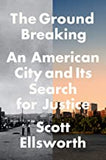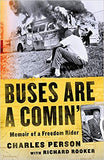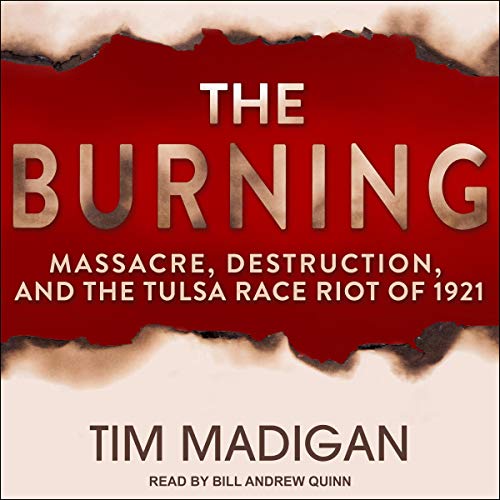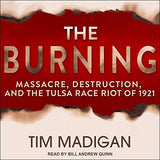On the morning of June 1, 1921, a white mob numbering in the thousands marched across the railroad tracks dividing black from white in Tulsa, Oklahoma, and obliterated a black community then celebrated as one of America's most prosperous. Thirty-four square blocks of Tulsa's Greenwood community were reduced to smoldering rubble.
And now, 80 years later, the death toll of what is known as the Tulsa Race Riot is more difficult to pinpoint. Conservative estimates put the number of dead at about 100 (75 percent of the victims are believed to have been black), but the actual number of casualties could be triple that. The Tulsa Race Riot Commission, formed two years ago to determine exactly what happened, has recommended that restitution to the historic Greenwood Community would be good public policy and do much to repair the emotional as well as physical scars of this most terrible incident in our shared past.




